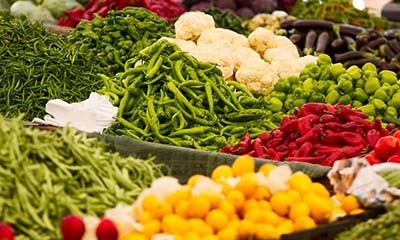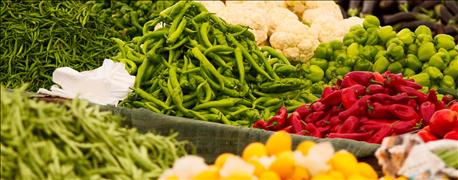April 29, 2016

A new report published by USDA Rural Development aims to help food hubs improve their financial performance.
The new report, Running a Food Hub: Assessing Financial Viability, provides modules and best practices for food hubs to maximize profits and control costs.
Food hubs, which are businesses or organizations that manage the aggregation, distribution, and marketing of locally produced food, play a key role in creating opportunities for small and mid-sized producers while also satisfying growing consumer demand for local products.

There are more than 350 food hubs around the United States. (Photo: IrinaAntonova/Thinkstock)
Part of a multi-volume series published by USDA Rural Development, the report provides technical assistance for food hubs at different stages of development. For example, it gives beginning food hubs advice on writing sound business plans, and it includes guidance on how established food hubs can expand into financially viable long-term businesses.
"Food hubs are an exciting and growing business model," said Rural Business-Cooperative Service Administrator Sam Rikkers. "They create new opportunities for producers and are critical elements of vibrant local and regional supply chains in communities across the country. With this report, we're excited to share practical steps that food hubs can take to be even more successful."
The number of food hubs in the U.S. has more than doubled over the course of the Obama Administration, with more than 350 now operational around the country. According to a comprehensive survey by Michigan State University, on average, each food hub supports 20 jobs and generates nearly $4 million in annual sales.
Source: USDA
You May Also Like




